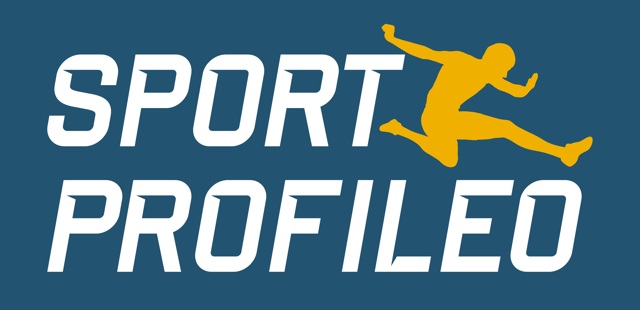Top sportsmen and women are occasionally asked to take self-assessment questionnaires: about their personality, their behaviour or their mental skills. Some find it very interesting, while others see it as a waste of time. How can we understand these differences in assessment?
They may be related to the tool used: what it measures precisely, its reliability or its validity. However, they are most often related to the way in which the results were used.
Sometimes the results are not shared with the athlete. They are sent to the mental coach, or even disclosed to the staff, without the athlete receiving any feedback. This is obviously not a recommended practice, both from an ethical point of view and from the point of view of the interest of the evaluation itself. Indeed, without an exchange of views on the results produced by the questionnaire, the athlete will not be able to clarify and qualify them.
From the moment that the questionnaire is debriefed with the athlete, it has a first interest: it allows for a certain amount of self-examination. Certain results will confirm characteristics that the athlete already knew, in a more or less intuitive way, about his or her functioning. But others will reveal specificities that he (she) was unaware of: elements that will allow him (her) to know himself (herself) better and to identify areas for progress.
Knowing oneself better is interesting, but is it enough for the athlete to evolve and ultimately to improve his or her performance? The answer is no. An athlete who wants to develop his or her leadership, self-confidence or commitment generally needs coaching. Coaching that will lead him/her to change his/her vision of things and to experiment with new behaviours.
In conclusion: taking a self-assessment questionnaire does not enable the athlete to change. But it does allow him/her to understand how he/she functions, to define objectives for change, and thus to lay the foundations for fruitful work with a coach, psychologist or mental trainer.
